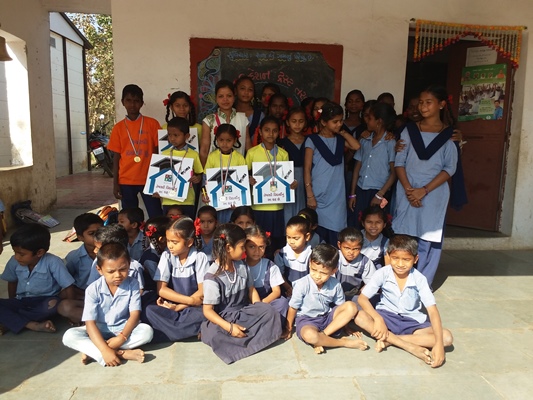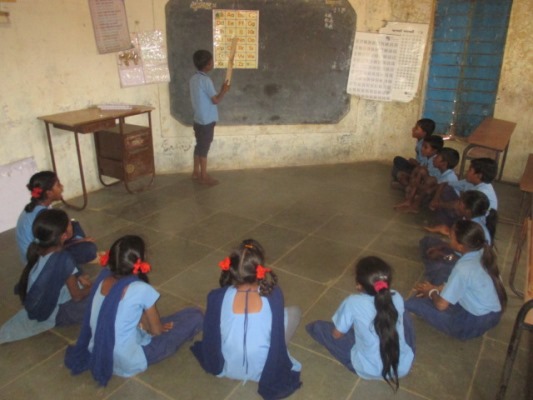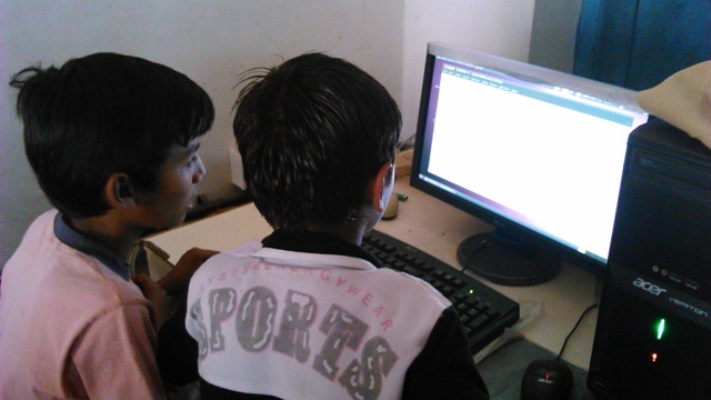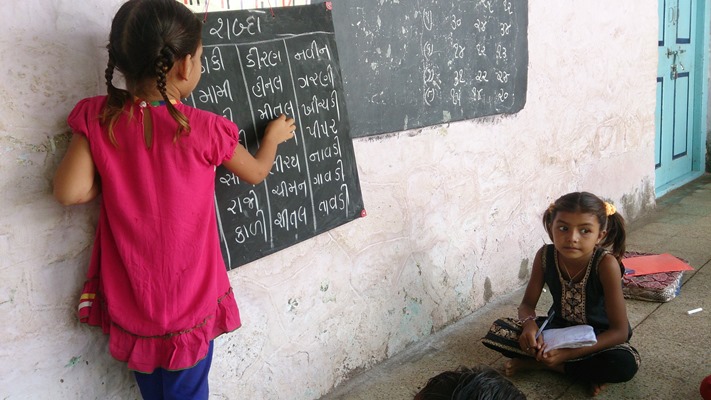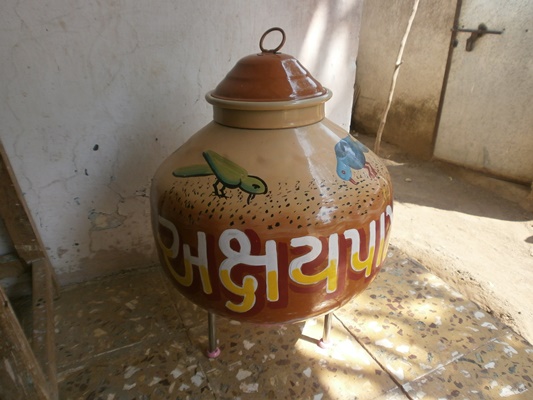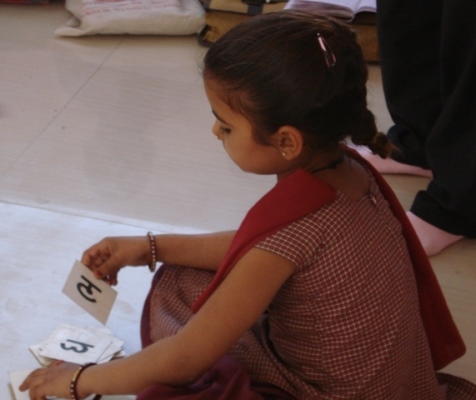

The word Ken defines itself as – “Range of Knowledge. Standing true to its name, this project endeavours to spread quality education and knowledge to the schools of interior and rural villages with the aim of transforming them into “role model” schools.
Students (Rural area primary standard)
Concept NoteIt was observed that the traditional teaching method of chalk and talk was prevalent in rural schools. Moreover, education was teacher-oriented rather than student-centric, and there was a deficit of life skill education. Students had less clarity of basic concepts of science, mathematics, English language and computer skills. Therefore the lack of quality education resulted in the incapability to hold students’ interest in education - contributing to a higher dropout rate in primary and secondary grades in rural schools. The need for a child and teacher-friendly scalable model was felt. Thus the project Ken came into existence in 2007.
Various hands-on learning methods, AV based content and other activities are developed based on the school syllabus. Content is developed, keeping the competence level of the age group in mind. By rigorous selection process and interviews, educated unemployed rural youth are selected. Intensive training of forty-five days is conducted to train these local youth from a “Job” to “Mission” mode for quality education deployment. After training and sensitisation, they are appointed as Educational Co-ordinators (EC) in interior schools of Valsad district. Around 80 ECs are deployed, who act as human catalysts to improve the quality of education in these schools by executing 18-20 projects across an academic year. It involves:
To make the school environment more student oriented, various education-based activities like English corner, Math corner, Science corner, Puzzle corner, Junk corner and Health Corner are installed. Also, activities like Ram Dukan (Value Education), Students’ Saving Bank grooms the student holistically. Apart from this, organising an annual day of these schools is done in the villages. At regular intervals, training, assessment and evaluation are conducted.
To know more about Ken, contact us today.
